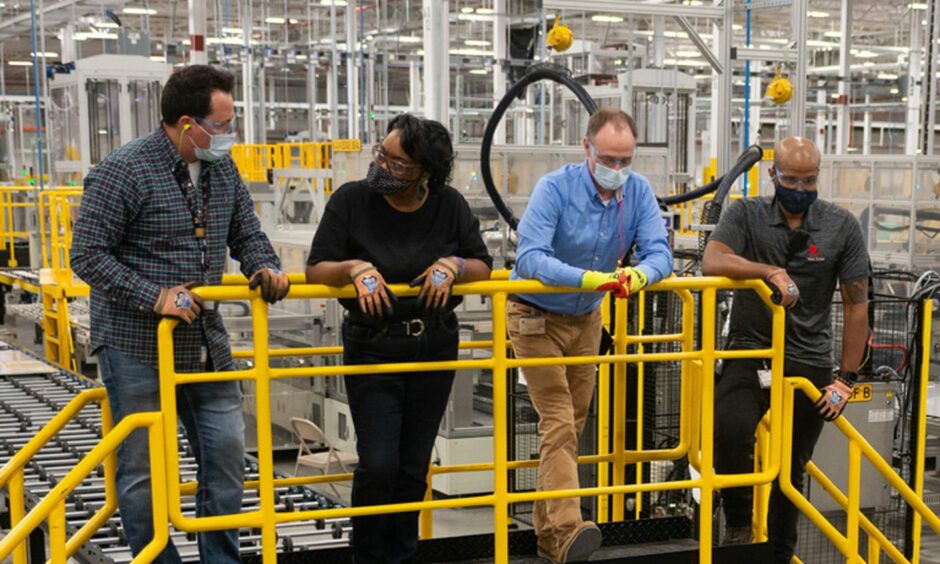
Four service providers at US-based First Solar’s Malaysian plant broke laws in holding workers’ passports and keeping back wages, the company has acknowledged.
The company carried out audits in the US, Vietnam and Malaysia, it said. In the latter, it found foreign migrant workers had been “subjected to unethical recruitment including the payment of recruitment fees in their home countries, passport retention, and the unlawful retention of wages”.
First Solar noted that employment terms had not been communicated in native languages. Janitorial and security providers were guilty of “inadequate management system and policy”.
Some Malaysian workers had taken voluntary overtime with the result being work of more than 60 hours in a week. First Solar said it had launched a monitoring report to ensure working hours do not exceed this and that workers receive at least one day off in seven.
All passports have been returned, First Solar said, and it has updated service agreements to prevent future fees. The company has also brought in a third party to investigate and compensate workers.
The aim is to pay back fees – paid in home countries or in Malaysia – to current and recently departed workers.
Plain sight
First Solar said it was taking this action under its membership of the Responsible Business Alliance (RBA). The company carried out social audits in order to “identify and remedy existing and potential issues to help improve the lives of workers across the supply chain”.
First Solar CEO Mark Widmar said the company had opted to disclose the findings, in line with its transparency commitments and to “raise awareness of modern slavery risks”. These, he said, “hide in plain sight”.
The solar industry must take steps to act responsibly while playing its part in the energy transition.
“Quite simply, our industry’s work to power the energy transition and enable the fight against climate change does not serve as credits to offset its social and human rights obligations,” Widmar said.
First Solar said it could immediately terminate service providers that violate labour standards.
The company did not disclose whether it had taken this step with the four subcontractors in Malaysia. It did provide a half-day RBA briefing session for its Malaysian providers.
First Solar aims to complete its audit in Malaysia in the fourth quarter of 2023.
Legal scrutiny
Widmar warned that the industry needed to take more action. Symbolic pledges and initiatives lack accountability.
“Furthermore, they have shown that they cannot withstand the scrutiny caused by legislation such as the Uyghur Forced Labor Prevention Act (UFLPA) and only serve to undermine our industry’s reputation and credibility.”
The US passed the UFLPA in December 2021. Broadly, the legislation finds that any good manufactured in Xinjiang involves slave labour. As such, it bars imports into the US.
Last year, a US solar producer expressed concerns that goods – predominantly solar technology – were evading sanction by transiting third countries. Malaysia took a lead role.
First Solar’s technology does not use polysilicon. As such, the solar industry’s difficulties with supplies from Xinjiang have had no impact on the company.
